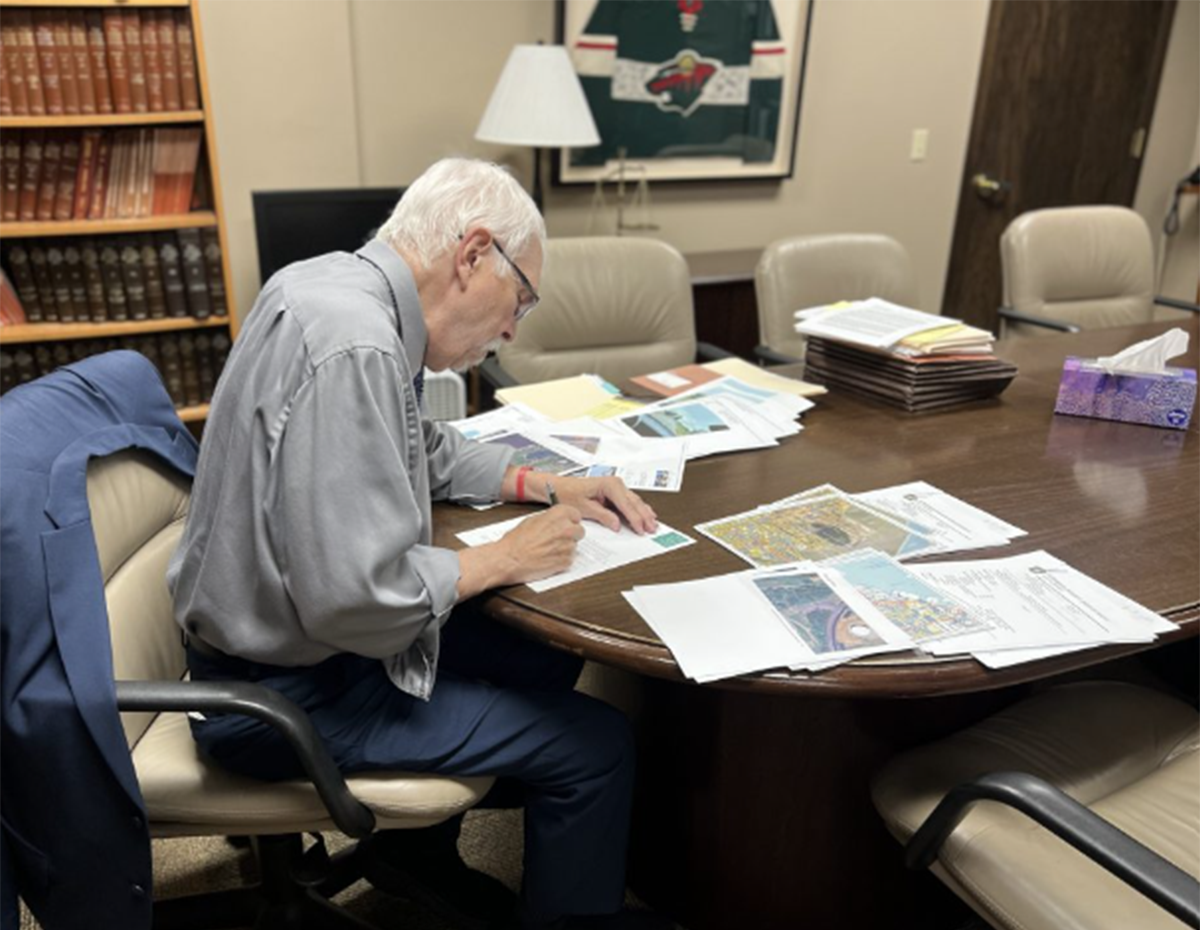UW-Eau Claire students can now access university software from any high-speed Internet connection using the Learning and Technology Services Virtual Lab.
Last week, LTS emailed students informing them that many of Eau Claire’s curricular software applications are now available virtually, instead of strictly being on campus computers in a general access lab.
Craig Mey, director of LTS, said this is a huge advantage for many different types of students and the idea behind the virtualized software is getting helpful programs to as many students as possible.
“Right now students have to be tethered to the curricular labs if they want to do homework on curricular software,” Mey said, “and so the whole concept here is for students to get at that specialized software from any place any time that they have an Internet connection.”
Funding for the project came from a “Quick Win” fund of $250,000 created from carryover. Mey compared the funding to a grant in the way that it’s one-time funding that is focused on one or a few things.
Matt Sias, former Student Senate Information Technology Commission director, helped work with LTS to discuss ideas about how to make the Virtual Lab the best it could be.
“I think the best benefit is that they allow for more flexibility and mobility in terms of being able to access software that you might not want to buy for your computer,” Sias said.
Sias also mentioned that there were some unexpected benefits to the program.
“The initial target audience we had in mind was the traditional campus area students,” Sias said, “but the people who seem to be benefitting most from it are distance education students and nontraditional students who can’t necessarily be on campus.”
Mey said that first, the committee research technology settled on one choice. Then, they ran a pilot so the program wasn’t overexposed and expensive. When it looked like the pilot was appealing to students, that’s when they decided to expand.
And now, about 85 percent of the software titles are in the virtual desktops.
But the program isn’t without a few flaws, such as the price of some software licensing and the lacking of some programs — namely the Adobe Creative Suite — due to problems in licensing agreements.
“It would actually cost more to license (the Adobe Creative Suite) annually than the entire project cost for the first setup, which is the largest expenditure,” Sias said.
It is ultimately a work in process, Mey said, as the project is just starting. So as more students and faculty start to use it, problems could arise.
Sias said there is also a minor
issue with performance.
“You aren’t actually looking at the actual screen that’s being rendered because it’s going through a network and rendering at a slower pace,” Sias said. “If you have video-editing or photo-editing software, you’re not necessarily going to get the
perfect, true color.”
Sias said that for extensive design programs, the Virtual Lab might not be ideal, but he also mentioned that the Virtual Lab can be used as a significantly less touchy alternative to the Virtual Personal Network, when accessing the W: and H: drives from
off-campus locations or
personal computers.
To access the Virtual Lab, go to https://virtual.uwec.edu. To leave feedback on the new service, email LTS at [email protected].






